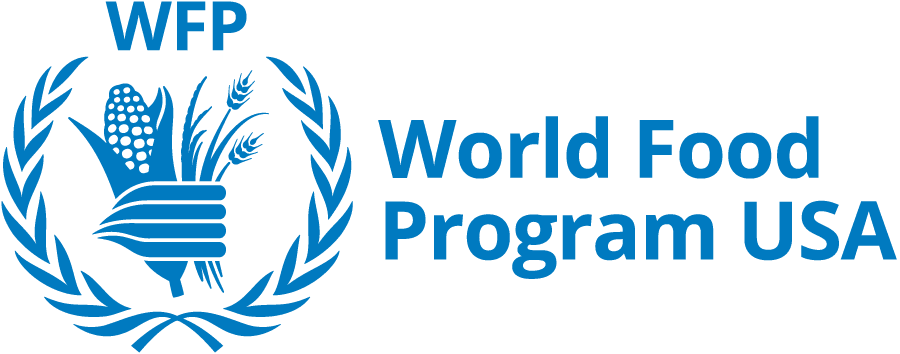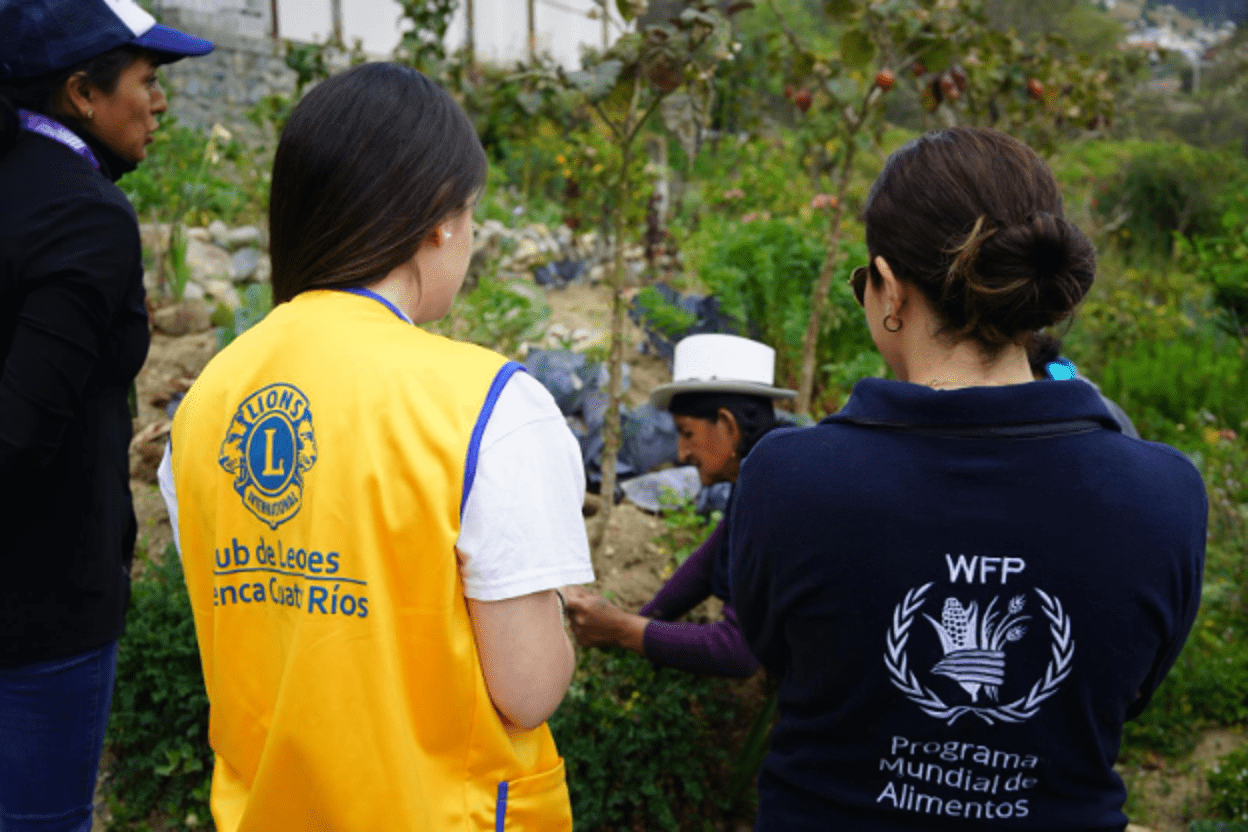In early 2020, school meals programs delivered more meals than ever before — to 388 million children (or one out of every two primary schoolchildren worldwide).
But this was brought to a halt by the COVID-19 pandemic. When schools closed at the onset of the pandemic, 370 million children were suddenly missing out on what was often their only proper meal of the day.

Now, as the world begins recovering from COVID-19, restoring school meals programs is an urgent priority. These programs transform lives and serve as platforms for improving education and food systems globally.
To do something about this, governments have joined forces with development agencies, donors, academia, the private sector, UN agencies and civil society organizations to build the School Meals Coalition which aims to ensure that every child has the opportunity to receive a healthy, nutritious meal by 2030.

The Coalition will address the COVID-19 pandemic by driving actions that can urgently reestablish, improve and scale-up school meals programs around the world.
School meals programs do more than provide food. Evidence has shown that they are one of the most impactful and efficient interventions to support children and can play an important role in the achievement of at a number of the UN’s 17 Sustainable Development Goals.

Nutritious school meals can transform a child’s life. They help to combat hunger, malnutrition and poverty by supporting nutrition, learning, long-term health and well-being. School meals programs also contribute to gender equality by encouraging girls to study and follow their dreams.

To achieve its goals, the School Meals Coalition will aim to:
Restore effective school meal programs and repair what was lost during the pandemic.
Reach all people who are being left behind: the most vulnerable in low and lower middle-income countries.
Improve the quality and efficiency of existing school meals programs in all countries by facilitating a healthy food environment in schools and promoting safe, nutritious and sustainably produced food.
School meals are an essential tool in the fight against childhood hunger. The daily, nutritious meal keeps children in the classroom, boosts their health and improves their focus. To learn more about our childhood hunger programs and see how you can be part of the solution, click here.
This story originally appeared on WFP’S Stories in July 2021.






